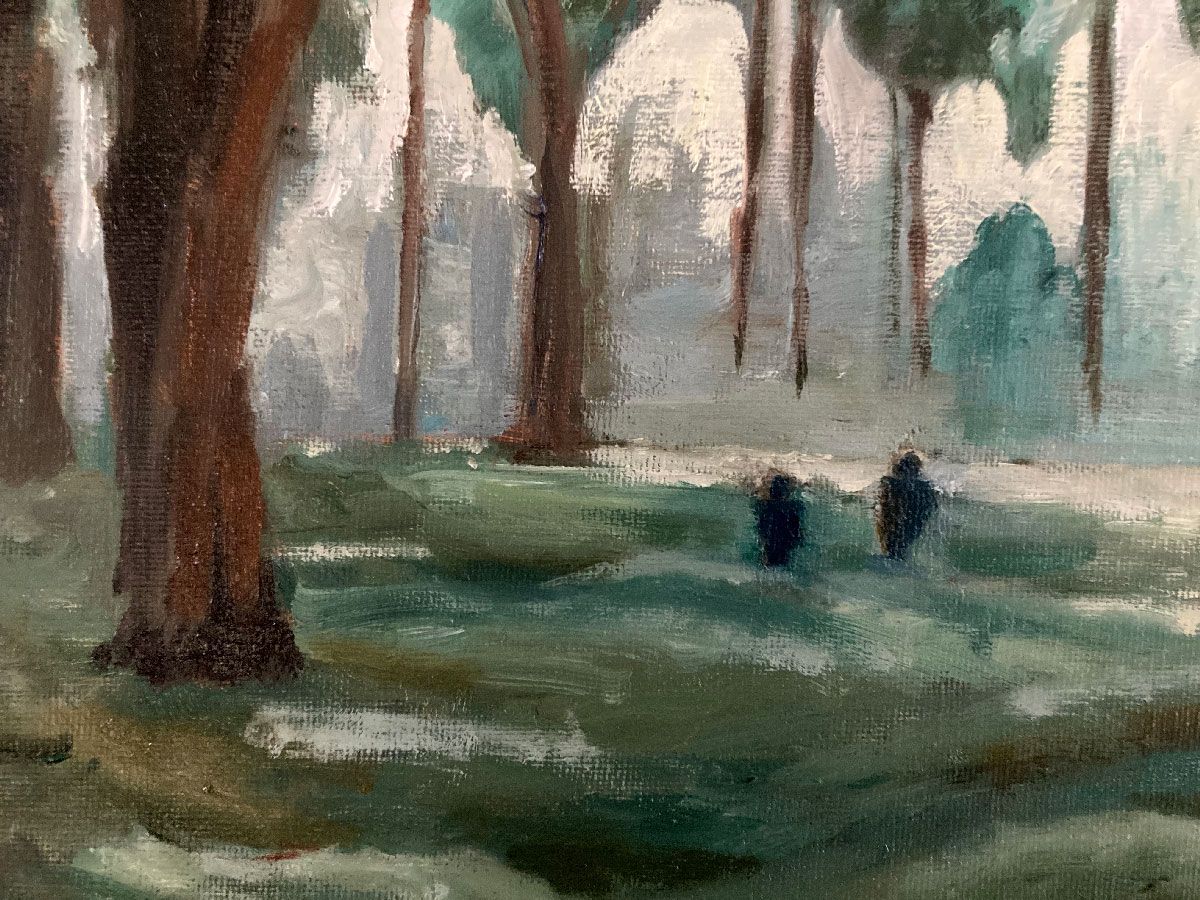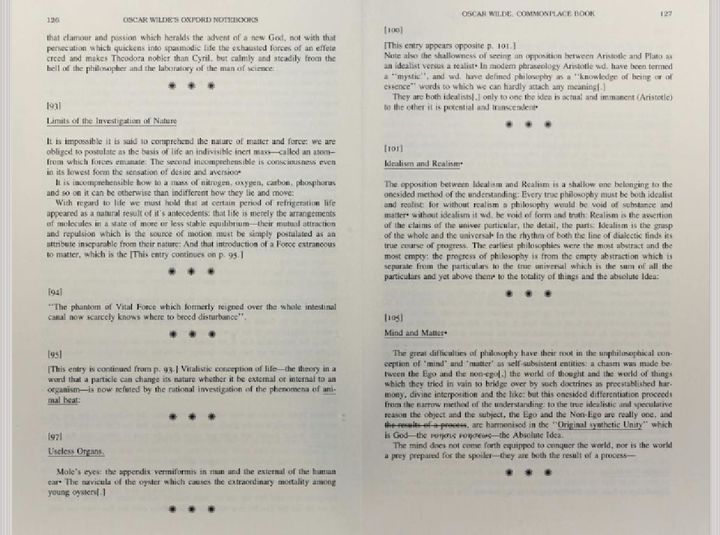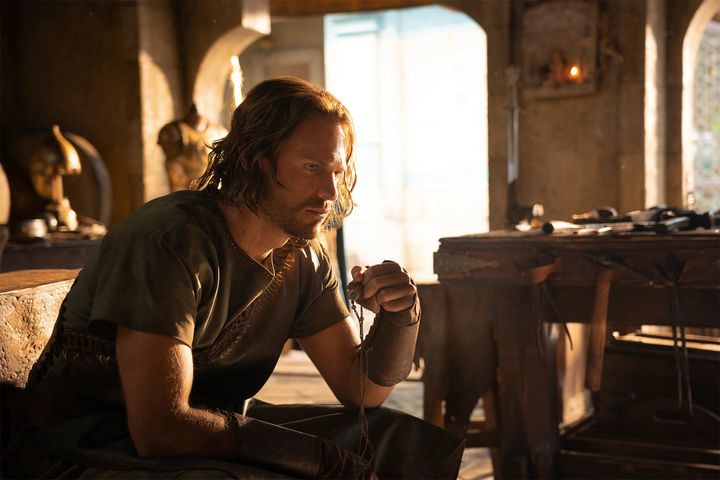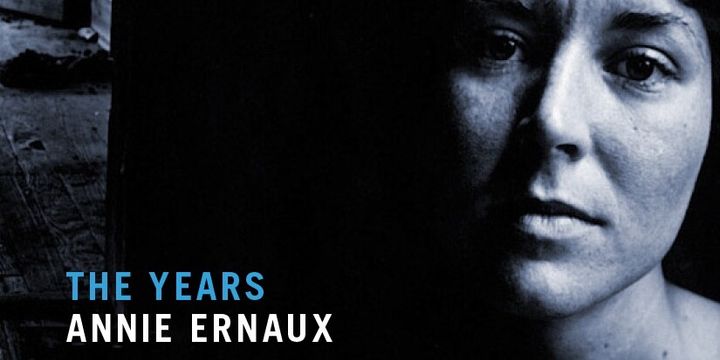Duty and Sacrifice in The Lord of the Rings

"I am not made for perilous quests. I wish I had never seen the Ring! Why did it come to me? Why was I chosen?" (Chapter One, The Fellowship of the Ring"
Most would agree that putting your life in danger for the good of the entire Middle earth is not only morally right but also honorable. Yet, instead of embracing the quest as an honorable task, Frodo Baggins is overcome with existential dread. He asks "why me?" and wishes "he had never seen the ring."
The story's great concern for the Hobbits almost feels at odds with the large-scale evil that threatens the world. As the ring-bearer, Frodo has obligation to the world which should render his situation meaningless in comparison to the greater worries the story deals with. But despite the greatness of evil and destruction that threatens the world, Frodo's situation evokes sympathy. As a vulnerable and helpless hobbit, Frodo does not wish to carry this burden but feels bound by duty. Under perilous circumstances, the narrative often recalls the lost safety of their home, adding a personal layer to the story.
While there are limits to the self-sacrifice that can be morally expected from a person, in Frodo's case, the entire world is at stake, and that surely exceeds any possible limit. Then why is the tone of the story so poignant and Frodo internally unsettled?
Having to leave their peaceful lives in the Shire fills the journey of the Hobbits with a sense of great loss. We know that hobbits are, by their nature, uninterested in power and responsibility. Instead of pursuing these things, they enjoy nature, eating, drinking, and spending time with other Hobbits. That is to say, the task that Frodo has to accomplish is against his nature as a Hobbit. By having to take up this task, he has to deny his nature: leave the Shire and the lifestyle that is natural to Hobbits and merely continue to exist.

The cause of Frodo's inner conflicts is his denial of his obligation to himself. The concept of one's obligation to himself is a controversial one. According to the philosopher Marcus Singer, it constitutes a paradox. If person A has an obligation to person B, this means person B is capable of freeing person A from that obligation; obligations to others are binding because only the other person has the right to waive the obligation. But the obligation to oneself cannot be binding since one is free to do anything and can waive the obligation. In other words, the idea of having a duty to oneself seems contradictory since there cannot be such a thing as a voluntary obligation.
On the other hand, Kant believes that there are in fact unwaivable—and involuntary—duties to self such as staying alive which are binding under all circumstances. For example, in a shipwreck, not attempting to save people would be the morally right action for Kant because he believes staying alive is an unwaivable duty humans have to themselves.
Kant's point of view raises many questions. For example, it considers heroism and self-sacrifice—which common morality highly values—morally wrong.
While it is contestable in many ways, Kant's point of view does point to a vital aspect of human subjectivity that is in play in The Lord of the Rings. Oftentimes, the heavy weight of neglecting his duty to himself takes over the tone of the narrative. In fact, the entire story has a poignant undertone. One of the most touching points in the novel is when the Hobbits have to leave Tom Bombadil, a powerful mysterious being in the Shire who has saved the hobbits from the dangers in the Old Forest. Tolkien wonderfully reflects the helplessness and dependency of the Hobbits as they beg Tom Bombadil to come with them:
All the same the hobbits wished that he was coming with them. They felt that he would know how to deal with Black Riders, if anyone did. They would soon now be going forward into lands wholly strange to them, and beyond all but the most vague and distant legends of the Shire, and in the gathering twilight they longed for home. They stood silent, reluctant to make the final parting, and only slowly became aware that Tom was wishing them farewell, and telling them to have good heart and to ride on till dark without halting (Chapter 6, The Fellowship of the Ring).
The narrative tone constantly reminds us that no matter how great the duty to others might be, it does not necessarily annul the duty to oneself. Throughout the narrative, Frodo is always uneasy because even though he knows taking on this journey is the right thing to do, it doesn't change the fact that he violates his obligation to himself by doing so. But in the end, Frodo's self-sacrifice becomes honorable as he goes against his nature, actively acting against the instinct of self-preservation, for the sake of others.


